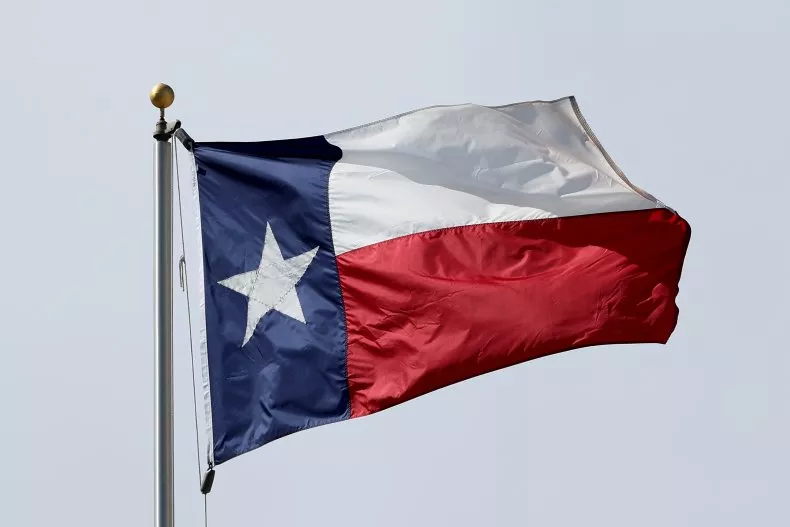Texan nationalist claimed the Lone Star State breaking away from the Union “could absolutely be closer than we think” amid the ongoing standoff with federal authorities over the Texas-Mexico border.
Tensions surged after the Supreme Court ruled on January 22, in a narrow 5-4 verdict, that federal agents can remove razor wire placed along the border on the orders of Texas Governor Greg Abbott in a bid to reduce migrant crossings.
Abbott said he was invoking “Texas’s constitutional authority to defend and protect itself” against what he described as an “invasion,” with 25 other Republican governors releasing a joint statement expressing their support for his position.or wire placed along the border on the orders of Texas Governor Greg Abbott in a bid to reduce migrant crossings.
Daniel Miller, president of the Texas Nationalist Movement, which campaigns for the state to become a fully independent nation, discussed the situation on his Texas News podcast, which is affiliated with the organization.
In the most recent edition of the podcast, released on January 30, Miller discussed the impact of the border dispute on his campaign for Texas independence, or Texit. He argued Abbott’s policy is “in fact Texas standing up for our rights, the law and our sovereignty.”
Miller said: “Sometimes you can get 100 years of history in a single day or a single week, that’s a paraphrase obviously, and here we are. This is one of those situations where things seemed to be languishing a bit, then all of a sudden, in just a matter of time, here we are.
“We’re at a point where Texit is on everyone’s mind, both those for it and those against it. The border issue has now become at the forefront of the news cycle, and Texit has become the natural logical extension of what’s happening down on the border. We’re in the throes of getting what we’ve always talked about, which is a binding vote, a vote on Texas becoming a self-governing independent nation.”
Miller also argued that the federal government has long frustrated efforts by state authorities to reduce border crossings.
Read more at Newsweek.com




